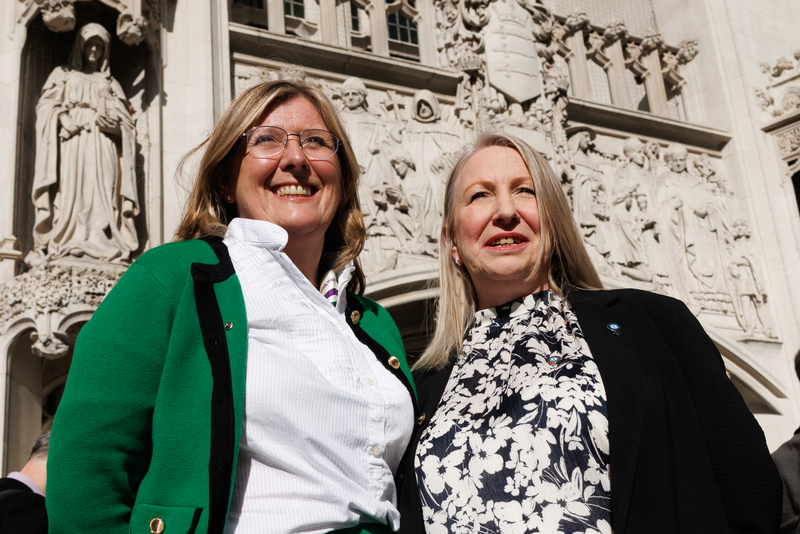The FCA and the UK Treasury have said they want to bring in reforms to existing rules in order make it easier for alternative asset managers, or small firms, “to enter the market, grow, compete and innovate.”
In a press release on Monday, the FCA said the aim is to introduce a more streamlined and proportionate regime, one that will enable firms to operate globally. The new regime will also encourage “effect risk management,” the FCA said. “It will uphold market integrity and market confidence by making sure consumers are appropriately protected.”
The FCA’s announcement comes on the same day the UK Treasury announced a consultation process to assess regulation that applies to managers of Alternative Investment Funds. According to the government’s press release, a number of opportunities have been identified to make rules easier and simpler for firms to do business in the UK.
The aim of the consultation, which is expected to fully start in the first half of 2026, is to make the UK more attractive as an asset management hub, and help improve economic growth.
The FCA says it will consult on the new regime during that period, and will give firms enough time to adapt. But the aim is to remove any unnecessary rules quickly.
Ditching EU rules
The Alternative Investment Fund Managers Directive (AIFMD) is part of a large chunk of asset management regulation that the UK has inherited from the EU in the past. The directive, like many other EU-based rules, puts certain requirements on UK based firms, irrespective of their size and scope, that make it harder for them to compete and grow.
The aim of the new consultation process is to get rid of, or reform, any EU-based regulation that does not fall in line with the UK’s market requirements, and the government’s broader agenda to boost economic growth.
One of the key proposals in the government’s detailed consultation paper is to remove the legislative thresholds for Small Regimes. These are firms which are “required to be authorised by the FCA to manage AIFs but are not subject to Full-Scope requirements.”
According to the Treasury, removing the threshold “will enable the FCA to determine proportionate and appropriate rules for AIFMs of all sizes having regard to their investment activities and investor base, as well as the specific risks they pose.”
In simpler terms, the Treasury wants to make it easier for smaller firms to comply with requirements by lifting the threshold of funds they manage from £100m ($128.5m) to £5 billion ($6.43 billion), as reported by the FT.
The main issue with the EU-based AIFMD, according to the UK Treasury, is that it is set in law and is inflexible in relation to external factors such as market movements and inflation.
But, while getting rid of regulation that the Treasury has called “unnecessary”, the government and the FCA have also insisted the new regime will be flexible, allowing firms to meet global standards and do business beyond the UK’s borders.
Reactions
Simon Walls, Interim Executive Director of Markets at the FCA, said: “We want rules, better tailored to UK investment managers. These could allow them to operate more efficiently, further supporting competition, competitiveness and economic growth.”
City minister Emma Reynolds was quoted by the FT saying the proposals were aimed at “tearing down unnecessary barriers to investment, such as costly regulation that prevents asset management firms from growing and providing capital for businesses across the country to grow.”
Jonathan Herbst, Global Head of Financial Services at Norton Rose Fulbright told GRIP, “The paper is thin on detail at this stage, as it is just a call for input, but making the regime more outcomes-focused is surely one that the industry will welcome. As always the devil will be in the detail and the FCA is only planning to consult properly in the first half of 2026.”
Rob Hailey of the Managed Funds Association is quoted by the paper saying: “Eliminating costly and duplicative requirements will help increase capital flows, strengthen public and private capital markets, and foster innovation.”
Michael Moore, chief executive of the British Private Equity and Venture Capital Association told the FT: “This consultation is an important step in securing the UK’s status as one of the world’s leading private capital hubs.”
















